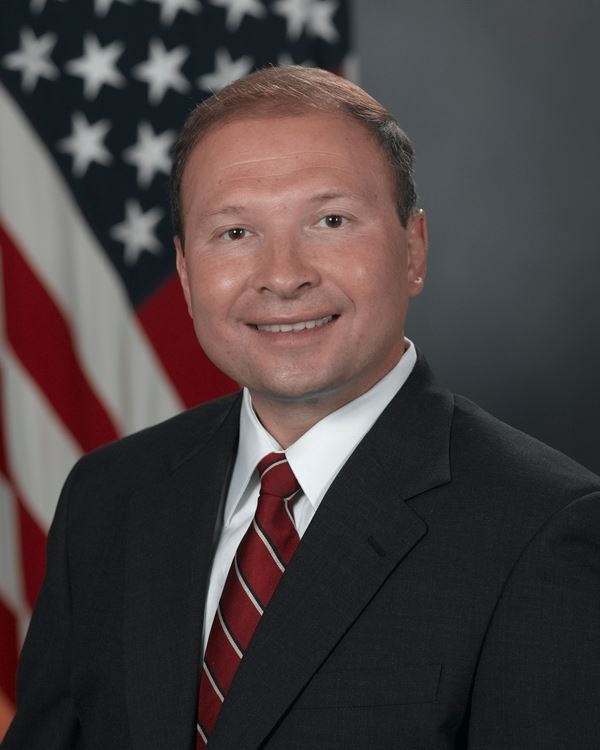EXPERT
Issues
Locations
DOWNLOAD
As the world debates whether Pfc. Bradley Manning is a hero or traitor for his collaboration with WikiLeaks in the largest disclosure of classified material in U.S. history, one thing is certain: His trial at Ft. Meade, Md., has showcased 21st century warfare in action.
With societies increasingly interconnected through advances in global communications technology, the battle of ideas has never been more important.
While “kinetic action,” as the Obama administration dubbed combat operations in Libya, still constitutes the military’s primary visible power, today’s battlefield has evolved. In modern asymmetric warfare featuring conflict between two highly unequal opponents, information campaigns can impact outcomes as much as bombs and bullets.
[Read the U.S. News debate: Should There Be an International Treaty on Cyberwarfare?]
Whether it’s neo-anarchist WikiLeaks against governments, Guantanamo detainees versus the United States, Hezbollah against Israel, or Latin American indigenous movements struggling for power, more so today than ever, the weak leverage public sympathy against the strong, artfully weaving facts and fiction into a compelling narrative to advance their cause.
Falling under the sway of Wikileaks founder Julian Assange, Manning decided to personally strike a major blow against his own country, despite swearing an oath to protect and defend it. Though proclaiming himself a “whistleblower,” in reality Manning acted as judge, jury and executioner to attack American power. His reverence of Assange, a so-called “human rights advocate,” ironically wanted by Swedish authorities in connection with two rapes, and who like al-Qaida, believes in crushing U.S. power, speaks volumes about his character.
This is not to say that Manning didn’t have legitimate grievances in life. Though most notorious criminals throughout history have too.
But to “get even” with everyone who may have slighted him by stealing some 700,000 diplomatic cables, military reports and combat videos and sharing them with our adversaries is the epitome of treachery.
[See a collection of editorial cartoons on the NSA.]
While on balance, the treasure trove showed the U.S. as an honest broker advancing freedom and democracy, some material was taken out of context and used for enemy propaganda. The so-called “Collateral Murder” video is case in point. From afar, it’s easy to condemn the Apache helicopter crew over Baghdad as they killed two Reuters crew carrying camera sticks resembling a rocket launcher, though this omits the fact that rocket-propelled grenades had been fired at friendly forces in the vicinity.
Yet that’s just that type of distortion, one designed to wound U.S. legitimacy that Manning sought and achieved. His guilty verdict in most of the 21 charges against him and resulting potential 138 years in prison, fits the crime.
About J.D. Gordon:
J.D. Gordon is a retired Navy Commander and former Pentagon spokesman who served in the Office of the Secretary of Defense from 2005-2009. He is a Senior Fellow at the Center for a Secure Free Society in Washington, DC.


 J.D. Gordon
J.D. Gordon